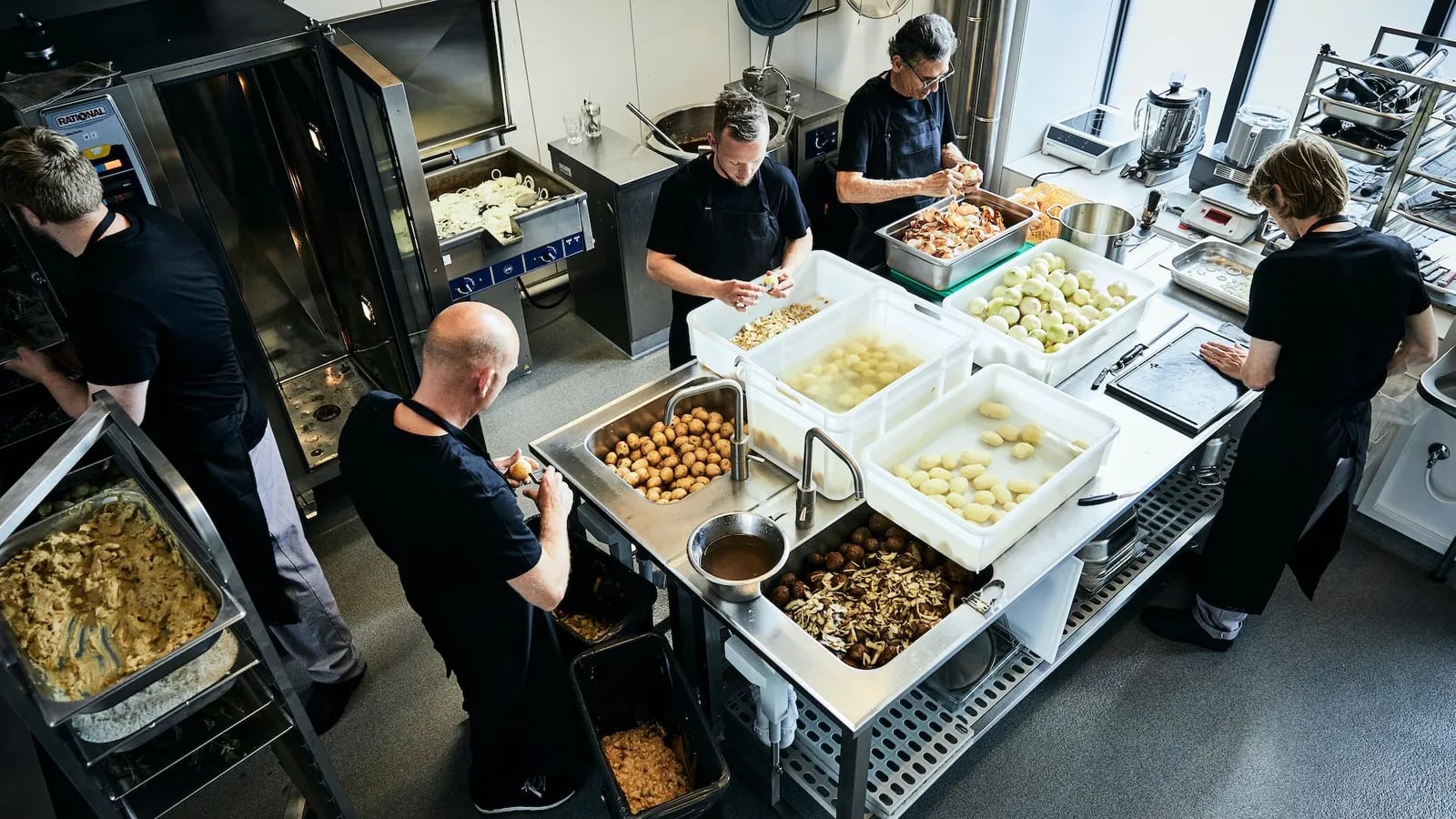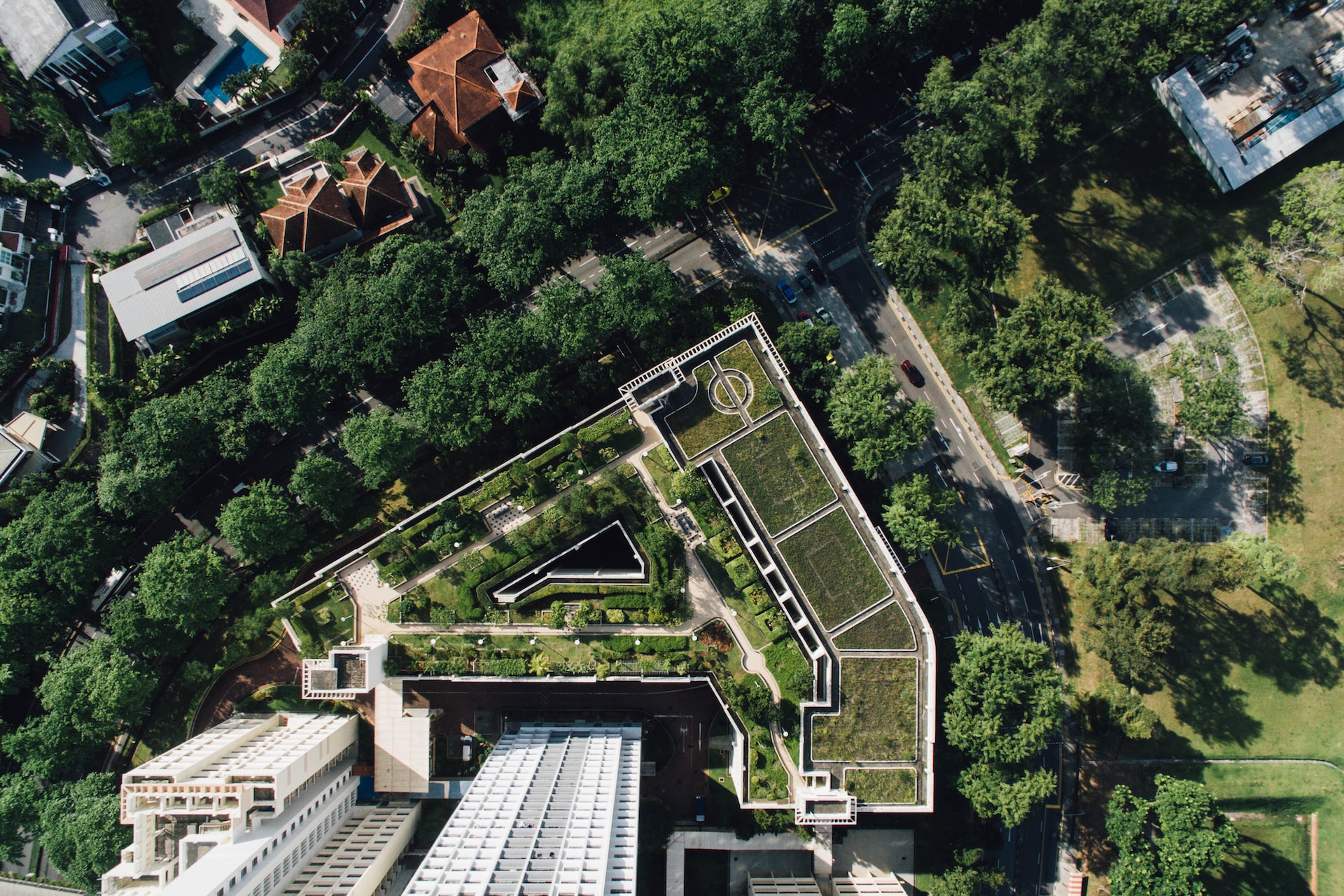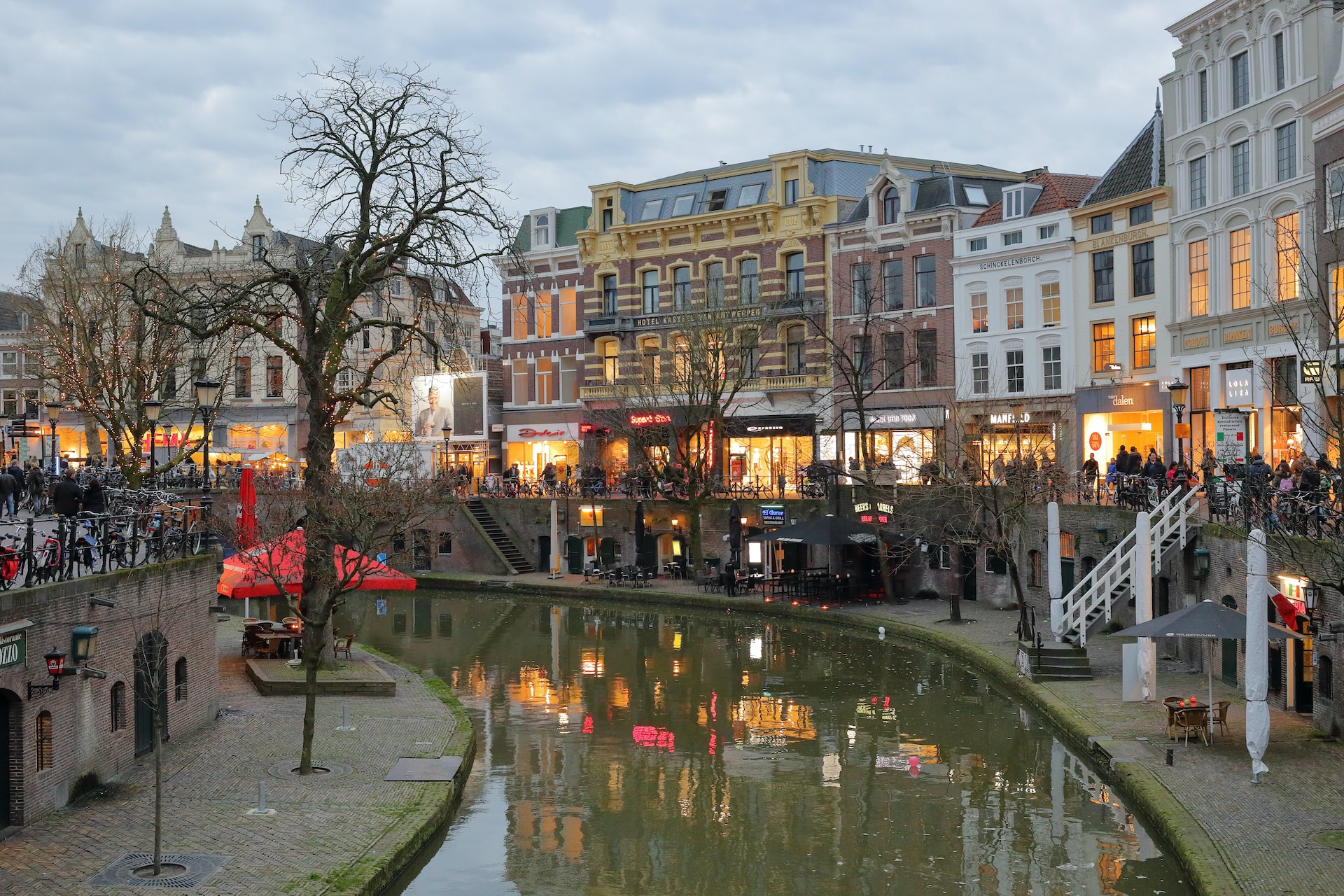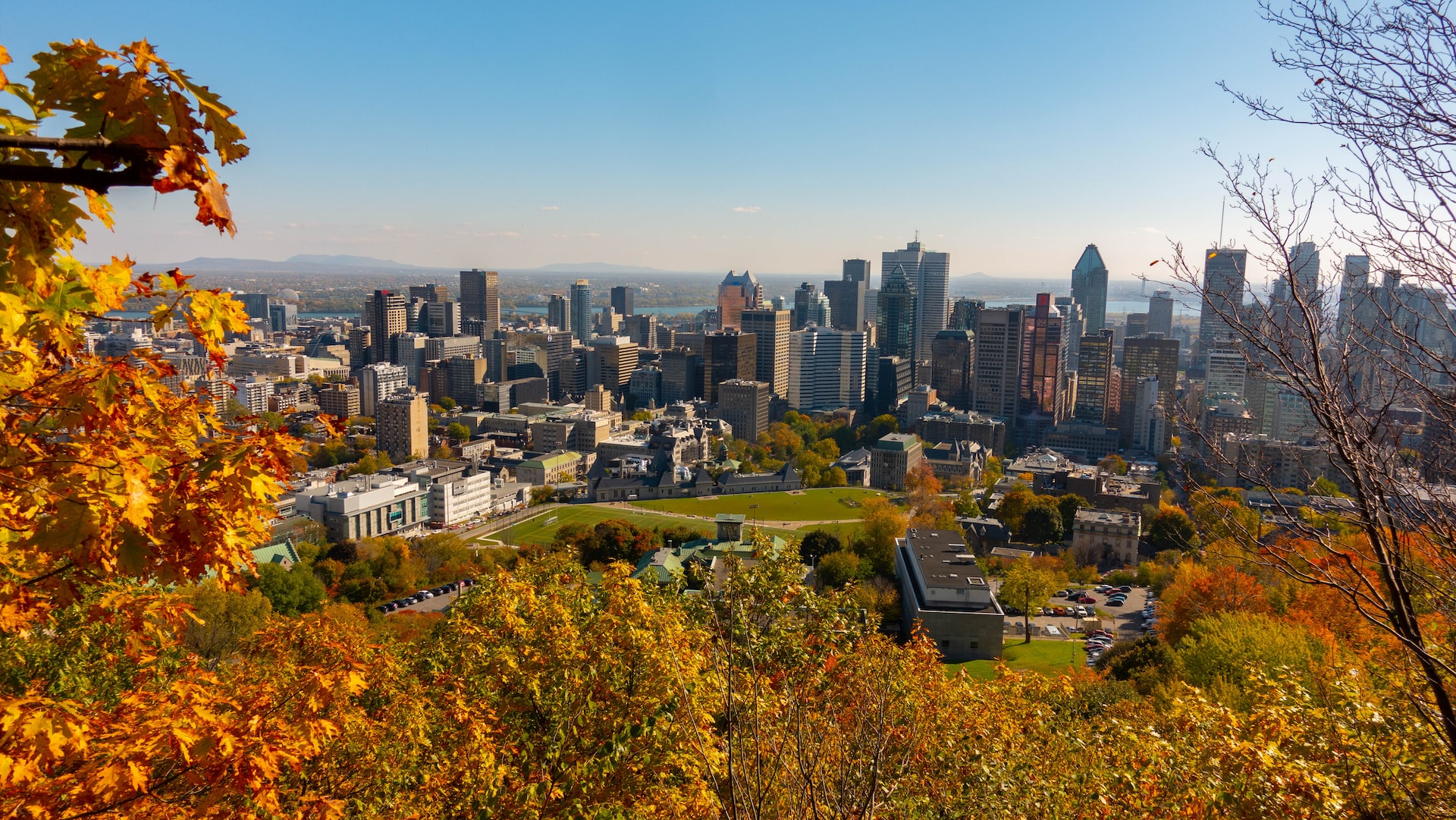“Society in mind”
Sometimes words taken from another language can provide a useful little perspective shift on a topic. Tsundoku, the Japanese word for “the phenomenon of acquiring reading materials but letting them pile up in one’s home without reading them” gave a tiny bit of a rallying cry for those of us who buy books left and right, the Danish “hygge,” which roughly translates to “a quality of cosiness” became a decoration trend and life style for many homes. During the pandemic, the Danish Prime Minister Mette Frederiksen rekindled “samfundssind”, a compound noun of “samfund” (society) and “sind” (mind) to bring citizens together and encourage them to put “the good of the greater society above your own personal interests.”





